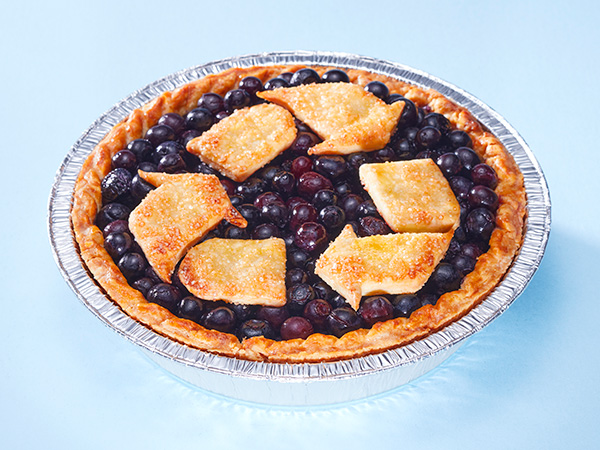There’s a refoilution happening in the food industry
This Content Marketing article was produced for Confoil and first appeared on the Bunzl Forté Hospitality Blog.
Sparked by environmental concerns about plastics and plastic waste, progressive businesses are taking action and looking for more sustainable, packaging solutions for take away meals and cook at home options.
In recent times, we have seen a revolt against single-use products, especially plastic. Across media and social media there are countless programs, videos and posts demonstrating the results of waste mismanagement – marine and bird life filled with micro-plastics, whole islands of rubbish floating in the ocean, entire beaches covered with trash. It’s clear for all to see that things need to change.
Food for thought
In general, food businesses are acutely aware of food sources, food safety and waste. The environment is becoming a subject of much discussion and packaging waste is top of the list.
Looking at alternatives to plastics, it is interesting to note that aluminium foil, as is used in foil trays, has substantially higher recycling value than most other materials, as it is endlessly renewable. Foil doesn’t lose any of its properties in the recycling process and can be recycled over and over again. In fact, some 75% of all aluminium ever produced is still in use – in some form or another.
What’s more, recycling aluminium also saves energy when compared to what’s required for its primary production.
Foiled again
Foil packaging protects food against light and air and also preserves the food quality. Furthermore, due to it’s production and the high temperature annealing process, it is completely sterile so is safe for use in contact with foodstuffs. Foil does not harbour or promote the growth of bacteria so it’s perfect for food, cooked or raw.

Foil trays can be transferred from one state, such as frozen, to fully heated without the need to transfer the contents – even for microwaves. And no other container offers better heat conductivity.
The foil movement
Foil containers are also lightweight which makes them more efficient to transport and easier to handle and store. Foil is also economical to transport for recycling. When it comes to transport, less weight equals less cost, and less environmental impact.
Local manufacturing comes to the fore
When you’re looking for a reliable solution, again foil might be the answer. Confoil foil trays are strong and durable and thanks to local manufacturing, supply is no problem.
“Confoil is a family owned and operated business. We have sustained over 50 years of local production, ensuring our products are of a high-quality and meet all required safety standards. Local manufacturing reduces the ‘food miles’ of our products, further reducing their environmental impact,” explained Alison Buxton, Chief Executive Officer.
Confoil is a business truly dedicated to reducing their impact and have installed over 2,000 solar panels on manufacturing site rooftops in Australia and New Zealand to power production. This has reduced CO2 emissions by over 525 tonne – the same as taking 114 cars off the road each year.
Contributing to a circular economy
As we work towards a circular economy with goals of zero waste and lower impact, we need to be looking to products that can be designed and manufactured to reduce raw material use and be reused or recycled after use, rather than be sent to landfill. Design and manufacture play a big part in the circular economy equation. And ease of recyclability is also important. A locally produced, humble foil tray may be the perfect answer.
Take a stand. Say no to plastic packaging and join the refoilution.




